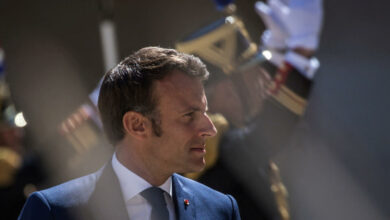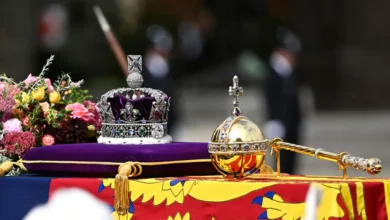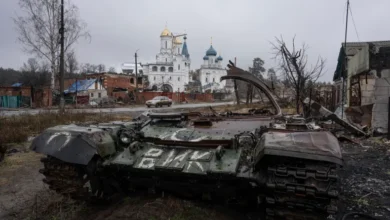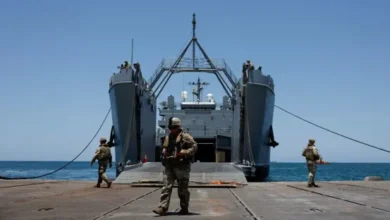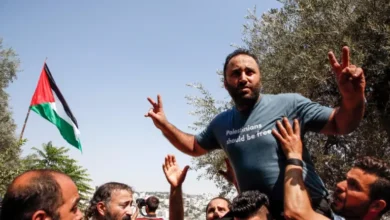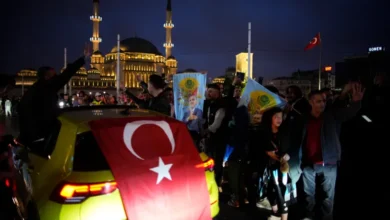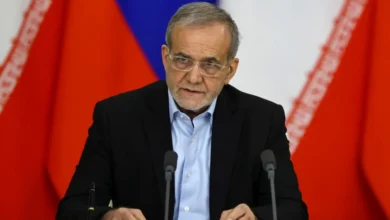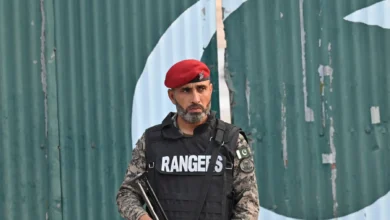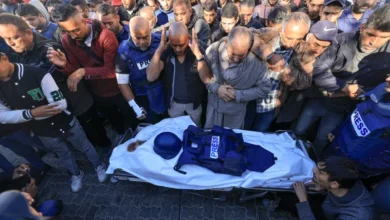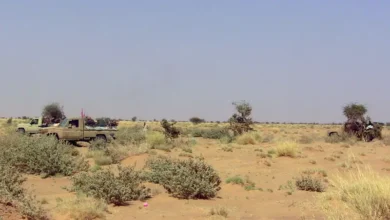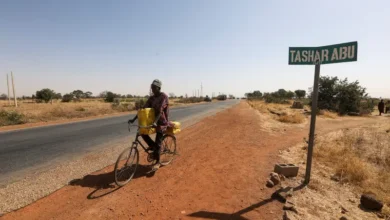Sudan’s Hemedti embraced abroad as he terrorises civilians at home
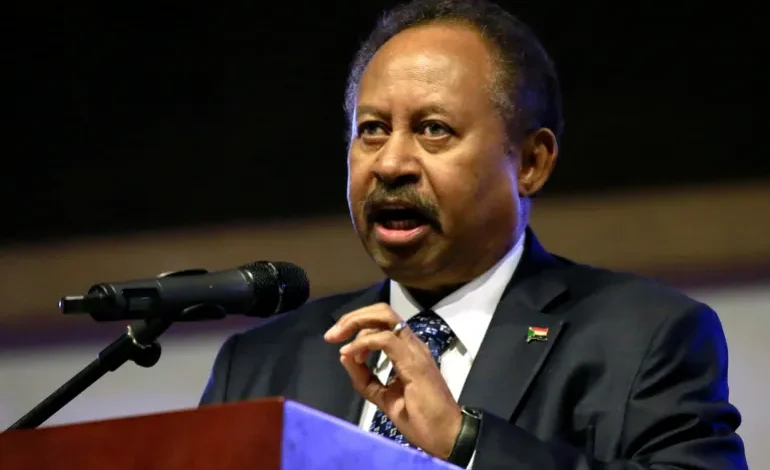
On January 6, Sudanese paramilitary leader Mohamad Hamdan Dagalo, better known as “Hemedti”, visited the memorial in Kigali that commemorates the 1994 Rwandan genocide.
Hemedti toured the museum solemnly, his sympathy-filled face belying the fact that his paramilitary Rapid Support Forces (RSF) are accused of similar atrocities in Sudan’s civil war.
The report said 13 mass graves have been identified in West Darfur since the war between the RSF and the Sudanese army erupted in April. About 550,000 Masalit refugees have also been uprooted from their land to camps in Chad.
“Hemedti has committed all of the gravest crimes that you can think of on Masalit land,” said Yousif Gamal*, a human rights monitor from the Masalit tribe.
“He has even forced [all Masalit] to leave our land and brought new settlers to replace us,” he told Al Jazeera.
In what was perhaps a move to polish his image, Hemedti signed an agreement with Taqaddum, a broad civilian coalition self-declared as neutral in the conflict and headed by former Sudanese Prime Minister Abdalla Hamdok in Addis Ababa, Ethiopia, on January 1.
Many members of Taqaddum, including Hamdok, were in the civilian Forces for Freedom and Change, which briefly shared power with the military before being toppled in a coup by the army and RSF in October 2021. Still, they agreed to meet with Hemedti and expressed optimism after the signing.
Taqaddum’s agreement with Hemedti said the RSF was willing “to immediately and unconditionally end hostilities” and provide security to civilians and repair basic services in areas under its control.
However, so far, the RSF has failed to govern or demonstrate a desire to govern.
Two weeks before the Addis Ababa meeting, the RSF captured Wad Madani, Sudan’s second-largest city, plundering it, killing civilians, displacing hundreds of thousands of people and raping.
While Hemedti addressed his forces’ rampage in Geneina State, where Wad Madani is located, and said “rogue elements” responsible were being rounded up to be held accountable, abuses continued after the signing, prompting activists in Wad Madani to accuse Taqaddum of abandoning neutrality.
“Taqaddum can’t have any legitimacy without the Sudanese people, and the Sudanese people reject the existence of the RSF,” said Mohamad Shendega, spokesperson for the Wad Madani resistance committee, one of many neighbourhood groups spearheading local relief efforts in Sudan.
“Taqaddum has to remain neutral and independent of the two warring sides.”
Rasha Aoud, spokesperson for Taqaddum, denied accusations that the civilian coalition was compromised. “There is no alliance between Taqaddum and the RSF,” she told Al Jazeera.
Jawhara Kanu, a Sudanese expert with the United States Institute for Peace, believes Taqaddum does not have a formal alliance with Hemedti, but she fears “some in Taqaddum are blinded with hysteria and trauma and not able to see that as they fight the Kizan, they are getting closer to the RSF.”
